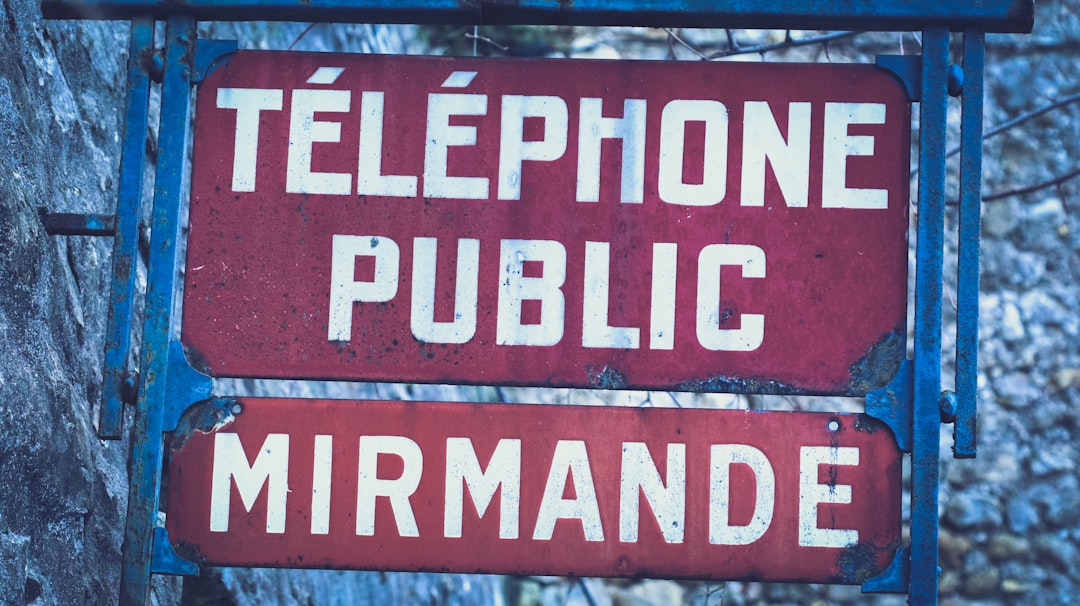In Indiana, the Telephone Consumer Protection Act (TCPA) restricts automated or prerecorded calls without prior consent. If experiencing unwanted calls, consult an experienced unwanted call lawyer in Indiana who specializes in TCPA complexities and can protect your rights through FCC complaints or litigation against telemarketers, debt collectors, or robocallers. Gather evidence, familiarize yourself with local laws, and engage with media strategically to raise awareness about the issue using keywords like unwanted call Lawyer Indiana, unwanted call attorney Indiana, and unwanted call law firm Indiana.
Tired of relentless unwanted calls? You’re not alone. In Indiana, understanding the state’s laws on unwanted calls is crucial for taking action. This guide equips you with the knowledge to navigate the legal landscape, helping you identify violators and seek justice as an unwanted call lawyer or attorney in Indiana can do. Discover effective communication strategies to engage local media, amplifying your voice against intrusive phone calls. Explore the path to resolution with top-tier unwanted call law firms in Indiana.
Understanding Unwanted Call Laws in Indiana

In Indiana, the issue of unwanted calls is addressed by the Telephone Consumer Protection Act (TCPA), a federal law designed to curb excessive and nuisance phone calls. The TCPA restricts businesses from making automated or prerecorded calls to consumers without prior consent. It also prohibits calls made using an Automatic Dialer (AD) system unless certain exceptions apply, such as for emergency purposes or with explicit permission from the recipient.
For residents of Indiana facing a deluge of unwanted calls, seeking legal counsel is a prudent step. An experienced unwanted call lawyer in Indiana can help navigate the complexities of the TCPA and determine if your rights have been violated. Whether you’re dealing with telemarketers, debt collectors, or robocalls, reputable unwanted call attorneys in Indiana will guide you through available legal remedies, including filing a complaint with the Federal Communications Commission (FCC) or pursuing litigation against the offending parties. Engaging with a qualified unwanted call law firm can ensure your rights are protected and help put an end to these intrusive calls.
Building a Case: Evidence and Legal Recourse

When engaging with local media to discuss issues related to unwanted calls, building a strong case is essential. Collect evidence such as recordings or logs of the calls, including dates, times, and detailed descriptions of the content. This can serve as concrete proof of the harassment and help strengthen your narrative. Additionally, familiarizing yourself with relevant laws in Indiana, specifically regarding telemarketing and do-not-call regulations, is crucial. Knowing your legal rights and recourse can empower you to present a compelling case against the perpetrators.
Retain the services of an experienced unwanted call lawyer or attorney in Indiana who specializes in such cases. A reputable law firm focusing on this area will have the knowledge and resources to guide you through the legal process, ensuring your rights are protected. Don’t hesitate to reach out to these professionals for assistance; they can provide valuable insights and help navigate any potential legal action against those making the unwanted calls.
Effective Communication Strategies with Local Media

Effective communication is key when engaging with local media regarding issues like unwanted calls. As an unwanted call lawyer or attorney in Indiana, crafting clear and concise messages is essential to ensuring your concerns are understood and accurately represented. When interacting with journalists or media outlets, provide specific details about the nature of the issue, including any relevant laws or regulations that may be involved.
A strategic approach includes offering factual information while also sharing personal stories—a powerful tool that can humanize the problem for audiences. Emphasize the impact unwanted calls have on individuals and communities in Indiana. This strategy not only educates but also engages media outlets, encouraging them to cover the topic more thoroughly. Remember, effective communication requires patience and adaptability; be prepared to clarify points and provide additional resources as needed.






